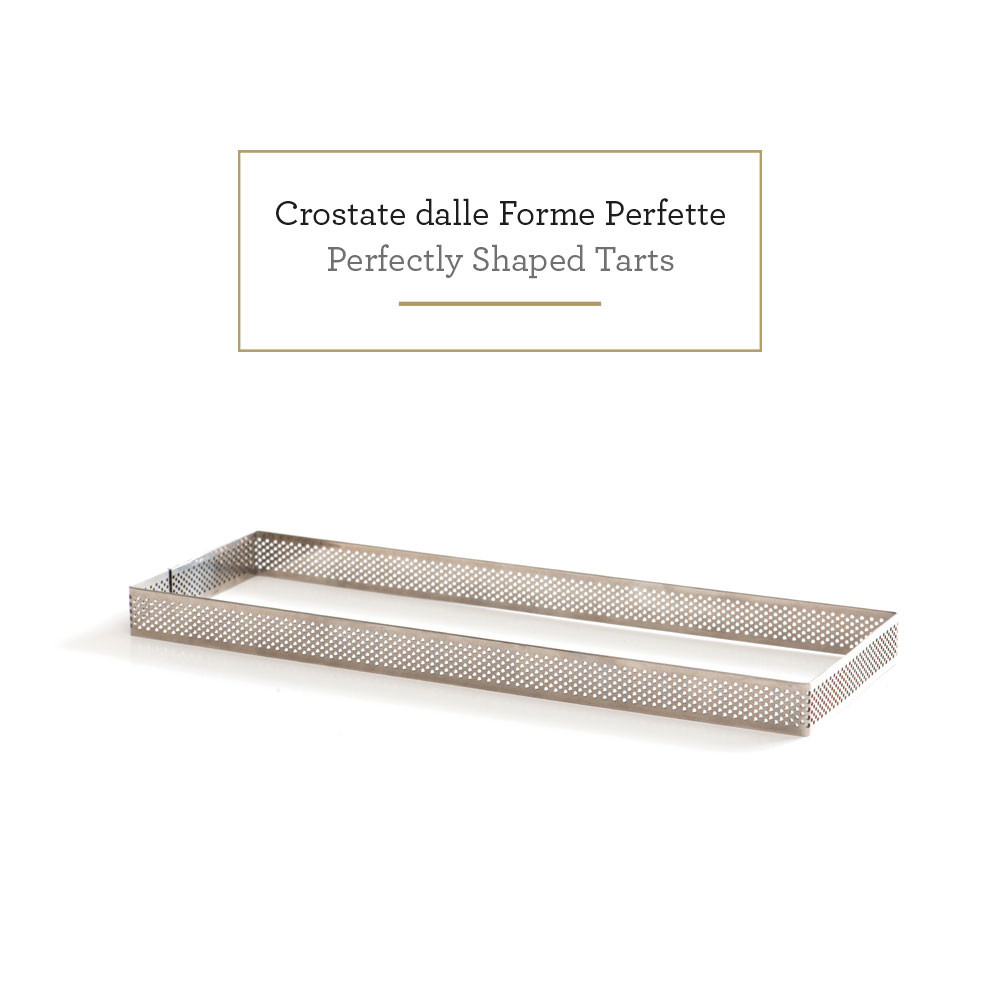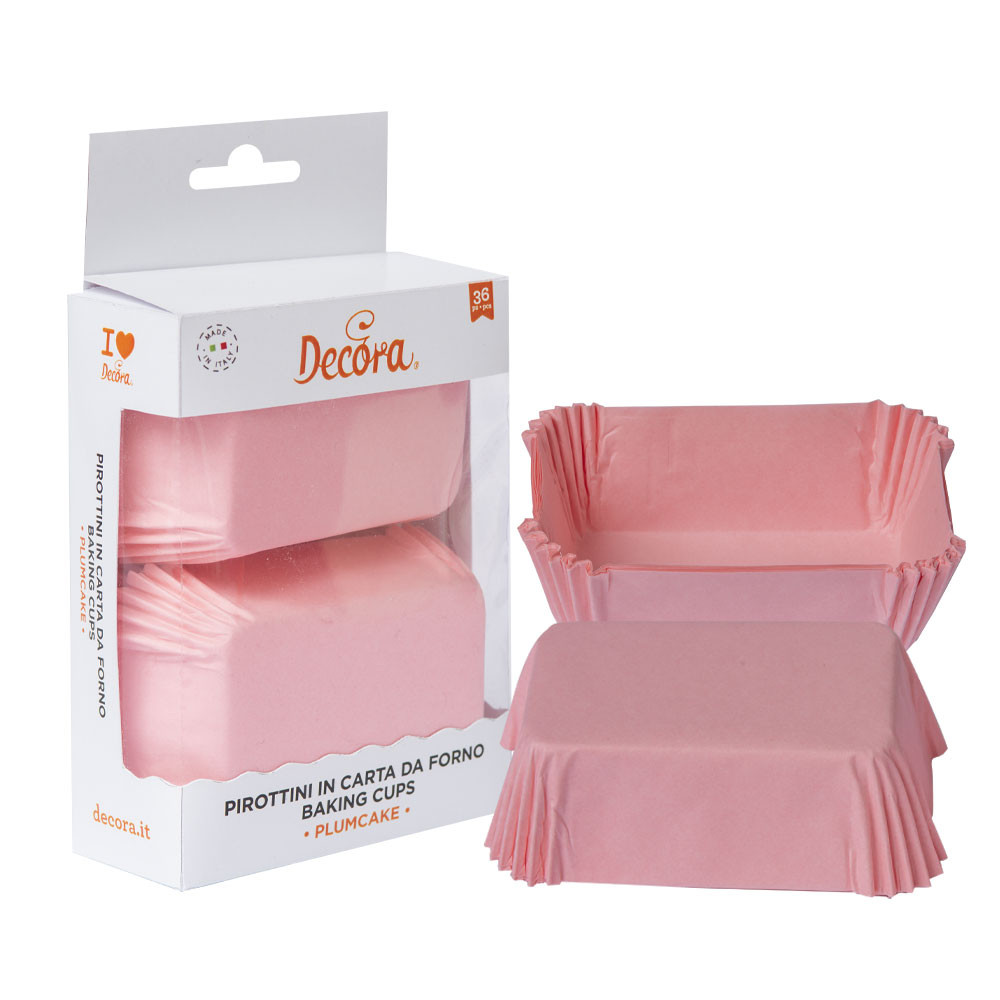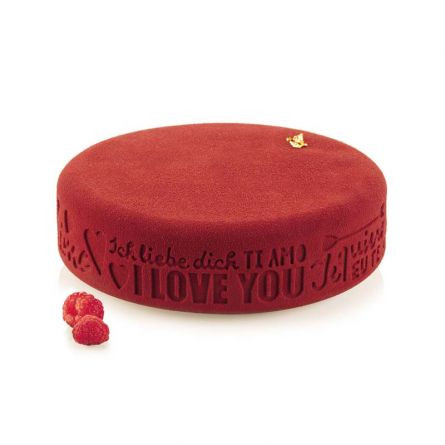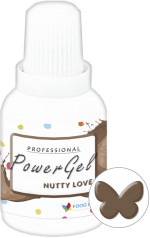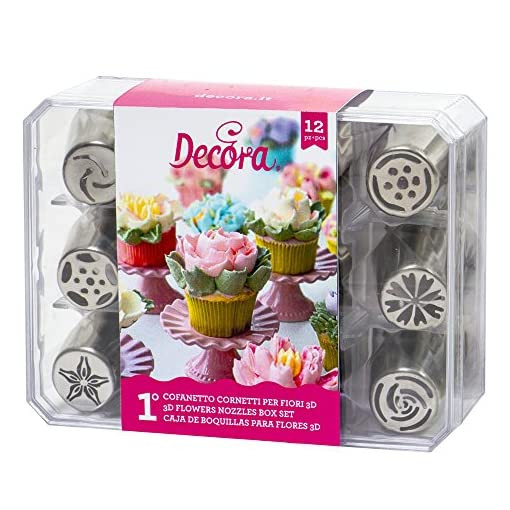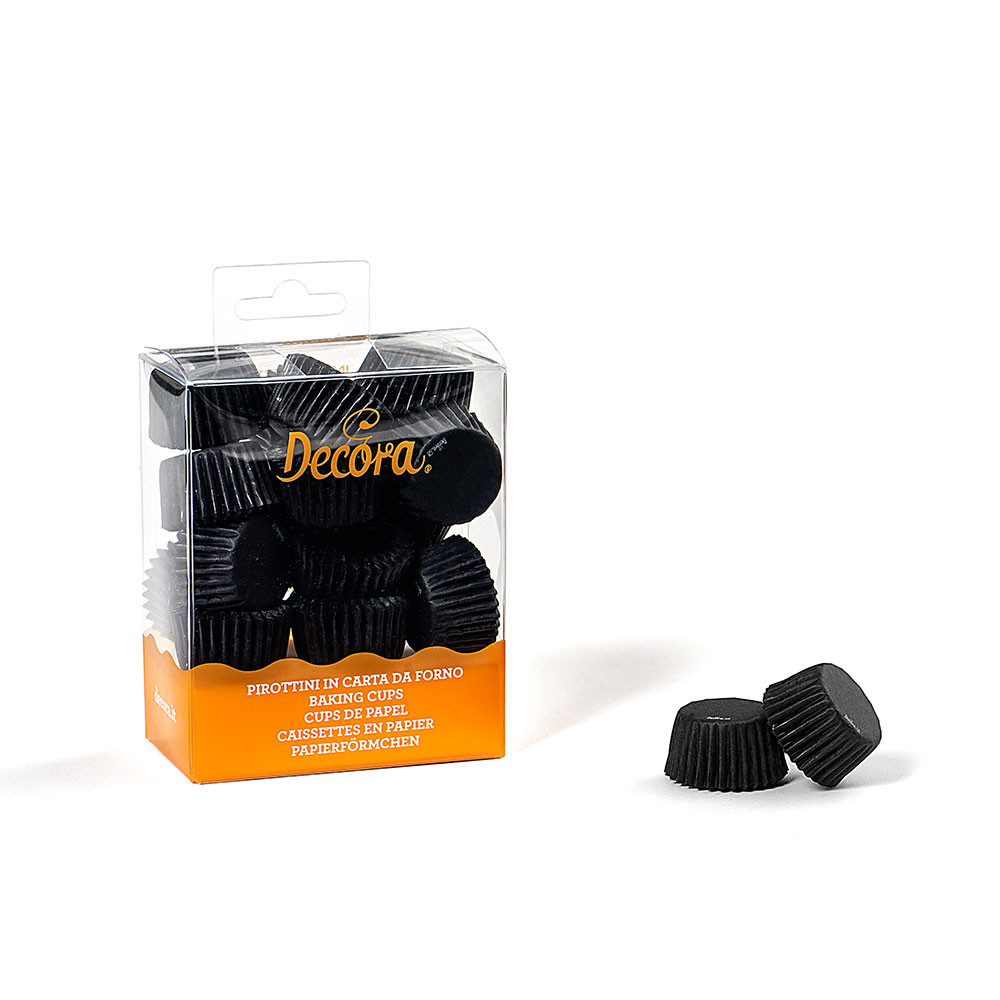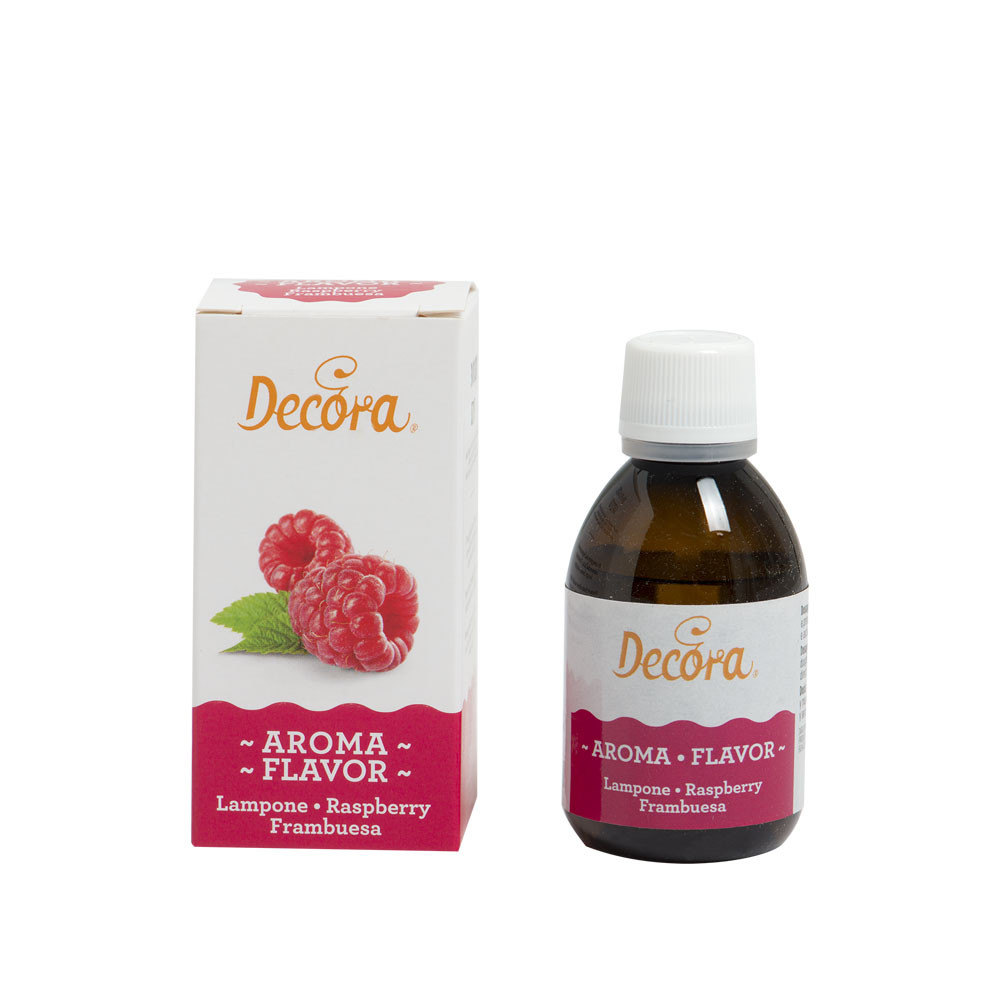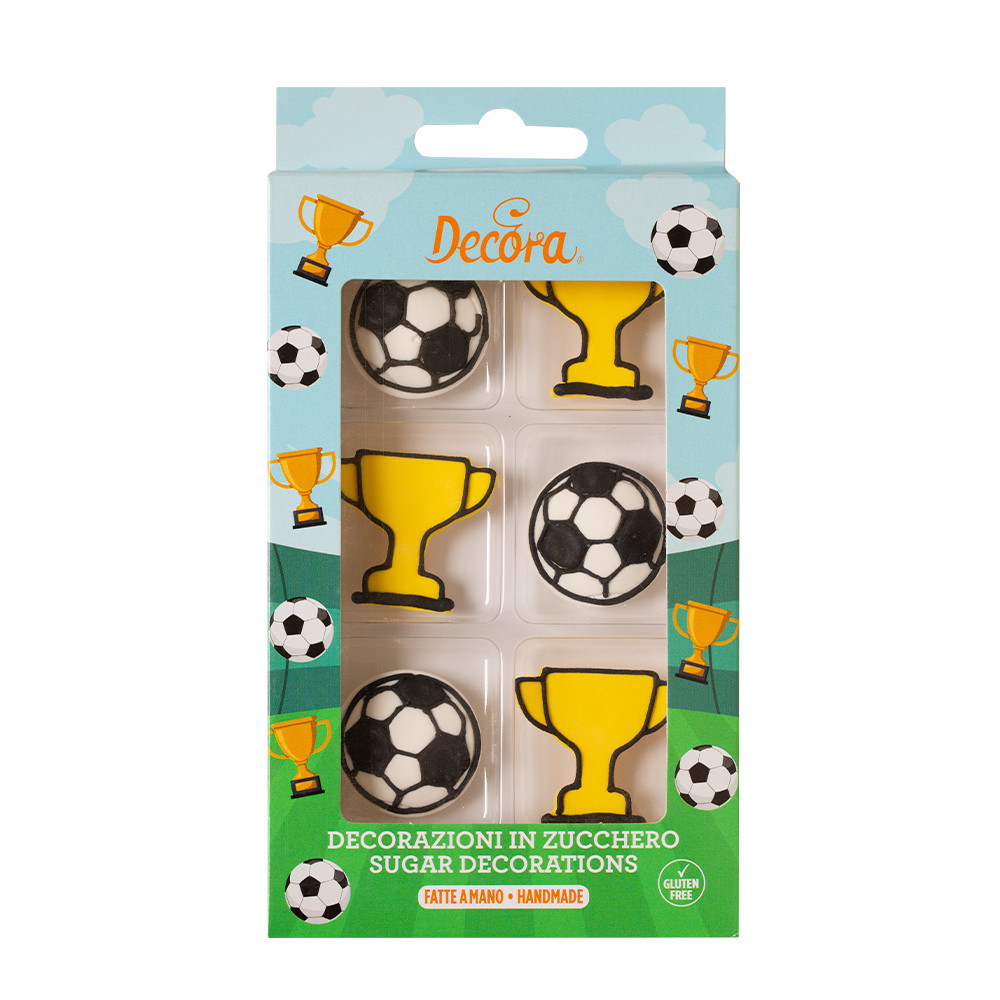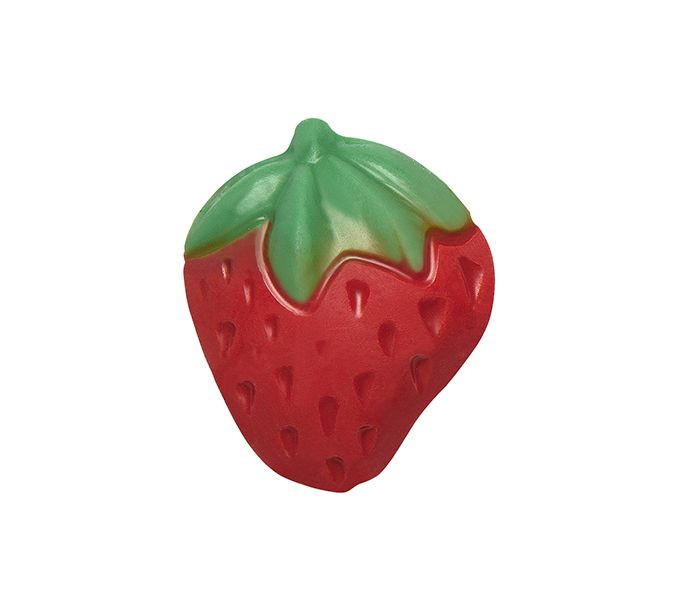Despre agenții de gelificare - agar agar, pectină și pectina NH
Hi, our passionate love of cooking! 😊
Today we will tell you everything you need to know about gelling agents - agar agar, pectin and pectin NH.
About agar agar
Agar-agar (also known as "agar") is a natural gelling agent extracted from red algae called agarophite. The process of obtaining vegetable gelatin is quite complex, but it retains most of the nutrients. Agar-agar powder or flakes are white and slightly transparent and melt only in water or hot juices. Sweetened, colored and flavored with natural products, agar-agar preparations can be transformed into healthy sweets, which can be consumed by adults and children alike.
Agar-agar contains iron and potassium, is rich in fiber and helps digestion. Vegetable gelatin sweets can prevent and combat constipation and are recommended for moderate consumption for their laxative effect. On the other hand, agar-agar does not contain carbohydrates, calories or fats and is indicated for the preparation of sauces, soups and sweets when dieting. It can be used to replace flour or starch when you want to get creamer soups or thicker sauces for salads and steaks. It dissolves in water, juice, soup, milk or tea, but must be boiled to melt completely. Then take the desired shape as it cools. You must follow the instructions on the package, but generally put a teaspoon of agar-agar in 250 ml of liquid. It can also be used in cake creams and puddings, after being hydrated before.
Agar agar contains macronutrients such as: carbohydrates (27% of the daily requirement, per 100 grams of agar agar), but also proteins, fibers and carbohydrates. Rich in minerals such as calcium, iron, magnesium, manganese and potassium, it also provides essential vitamins for the human body, such as vitamin K, B4, B5 and B9, and is a safe food for consumption, especially if it does not exceed the amount of 220 grams per day (in prepared form, including liquid).
Agar agar is the ingredient that will make your cakes not only look better and be more delicious, but also be healthier.
About pectin
Pectin is a soluble fiber that is found naturally in many fruits and vegetables. Unlike gelatin, which is created from animal products, pectin comes from fruit, being an ingredient in both vegetarian and vegan. Pectin can also be used in other dishes that require thickening or gel formation. Pectin is also used as a fat substitute in some pastries (for fillings).
When heated with more sugar and acid (lemon juice or vinegar), pectin causes the characteristic thickening of jellies and jams.
Pectin helps lower cholesterol
According to a 2012 study, pectin can help keep cholesterol at normal levels. Participants in this study consumed 15 g of apple or citrus pectin daily for four weeks. The results showed that pectin, from any source, lowers "bad" cholesterol by 7 to 10%.
Pectin can protect against colon cancer
Following a laboratory study whose results were published in 2003, it was found that adopting a high-fiber diet such as pectin may be key to preventing intestinal tumors. The researchers tested the effects of pectin on human colon cancer cells and found that it inhibits tumor growth, as shown in the study. The researchers concluded that pectin and its decomposing substances are potential defenders against colon cancer.
Pectin supports stable glucose levels
By eating foods high in soluble fiber such as pectin, you can help stabilize your blood glucose levels. When you eat a meal that contains soluble fiber, they slow down digestion and delay the emptying of the stomach. This reduces the speed with which the body absorbs carbohydrates from a meal, which keeps glucose levels stable.
Pectin is added to fruits mixed with sugar. If the fruit is crushed, the gelling occurs faster. The final texture is obtained after 24 hours because the gelling of the jam is done during cooling. The dose of pectin used can be from 0.8% to 3%. (Take into account the pectin content of the fruit.) Pectin production requires expensive and sophisticated equipment. In general, it can be obtained from almost any fruit by extraction. Upon receipt, the pectin extract is carefully processed using a special technology until the substance acquires the required properties.
The food industry is used as a natural and thickener additive. Pectin is often used in jellies, marshmallows, marmalade, ice cream and some types of candy.
About NH pectin
NH pectin differs from simple pectin in that it retains its properties when the product containing it is reheated. It is perfect for mirror glazes due to this property.
After cooling, the pectin turns the puree into sauce or jelly. This product has no taste or smell.
How to use: Mix with sugar, add citric acid, boil at 105🌡️C, leave to cool. It is activated only in acidic medium. Dosage: 10g / kg - for jams; 20g / kg - for desserts.

